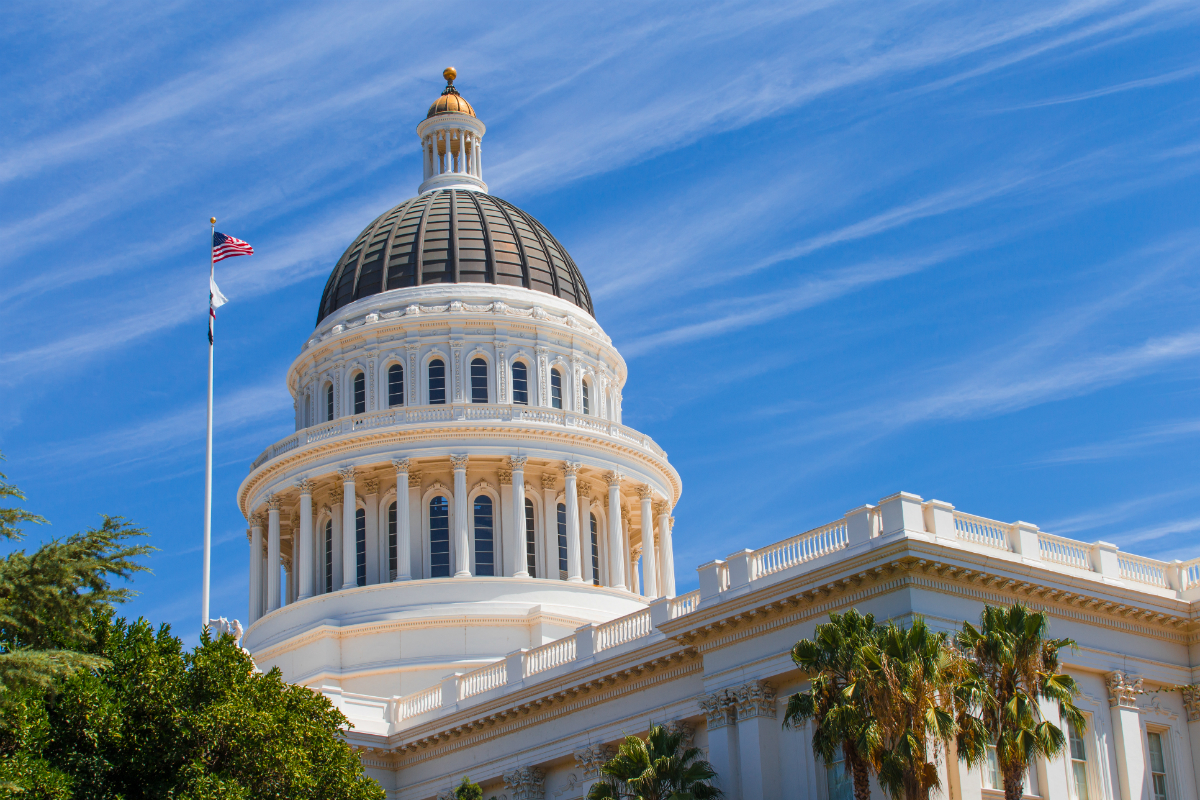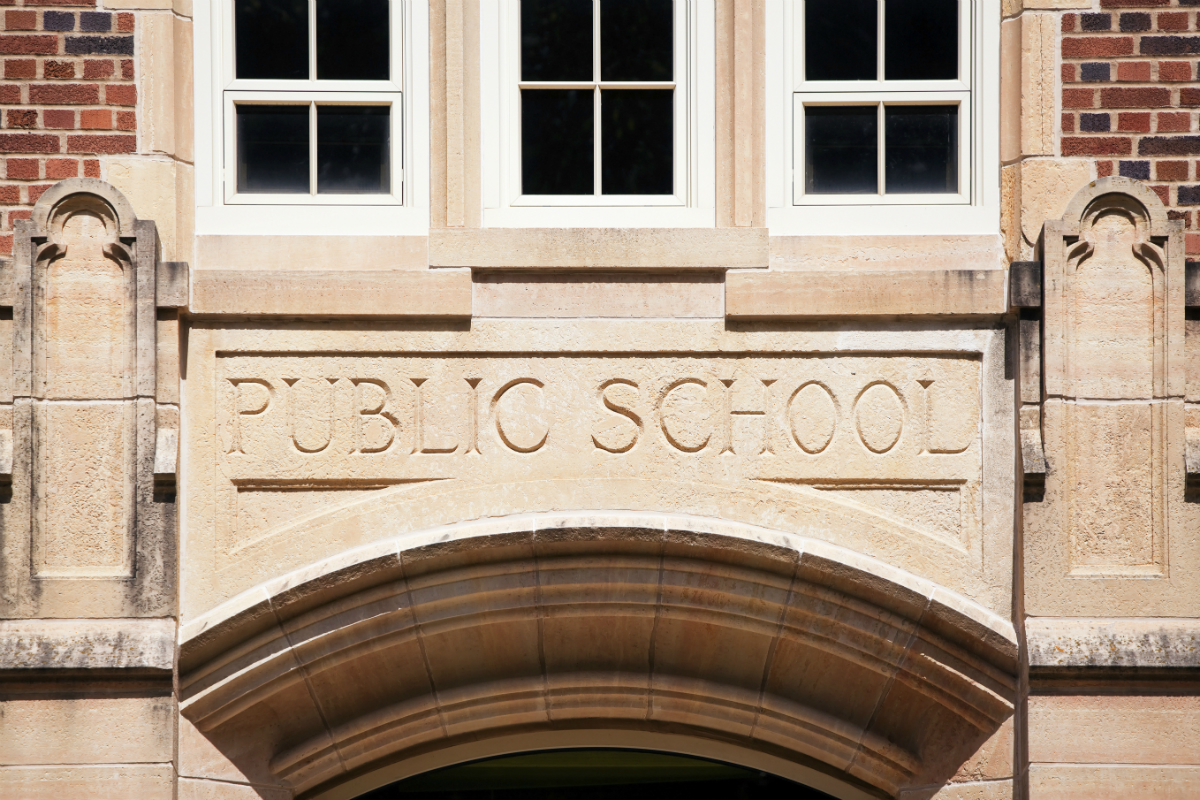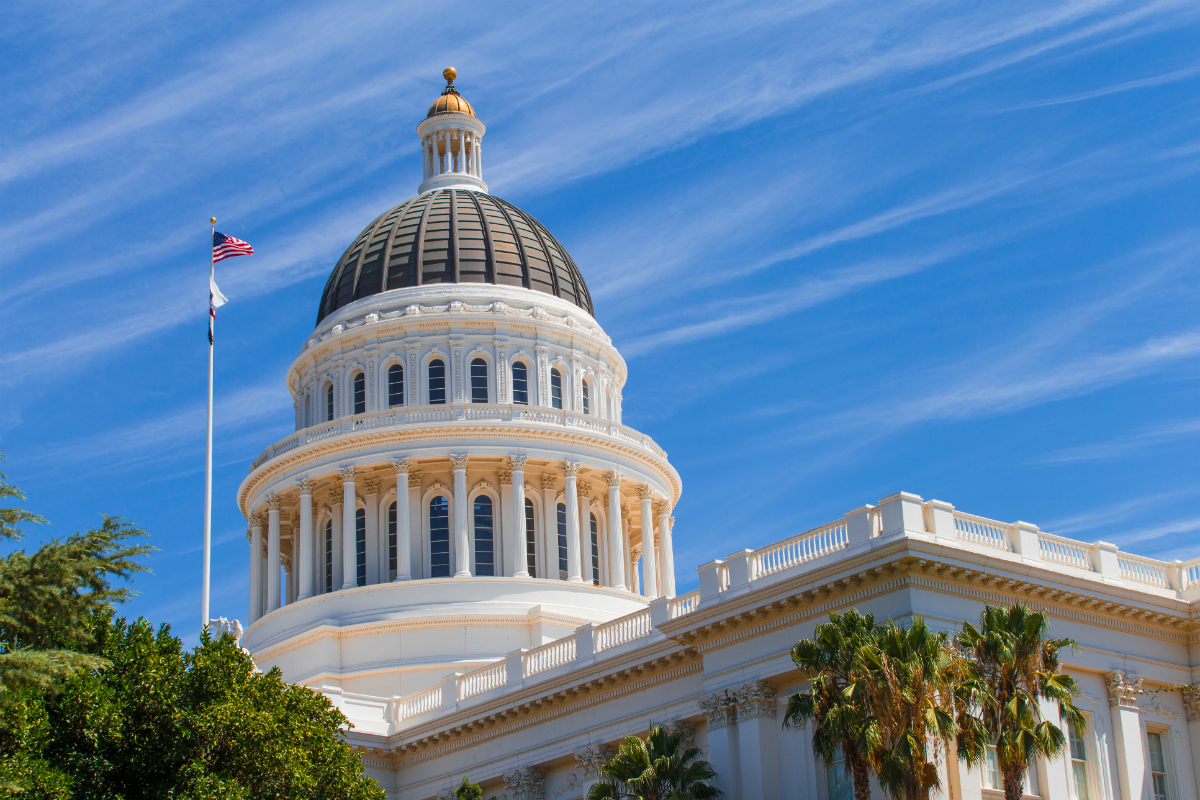CSBA advocacy ensured three of its sponsored bills crossed the finish line in the final week of the signing period. Leading the way was a two-bill package, Assembly Bill 2584 (Berman, D-Menlo Park) and Senate Bill 1061 (Laird, D-Santa Cruz), that will modernize and make much-needed reforms to elections law regarding school board recalls and special elections. AB 2295 (Bloom, D-Santa Monica) will take on both the educator and housing shortages by easing the way for districts to develop workforce housing. These changes will offer districts more options in developing workforce housing and help address the significant educational workforce shortages facing schools across the state.
Other major education proposals signed by the Governor include:
- SB 490 (Caballero, D-Merced): Prohibits TK-12 schools and all public institutions that receive federal meal reimbursement funding from buying foreign food products unless the international option is at least 25 percent less expensive than the domestic alternative. CSBA Position: Oppose (read more)
- SB 931 (Leyva, D-Chino): Imposes new penalties on public employers, including school districts, for allegedly “deterring or discouraging” employees from joining or participating in a union. CSBA Position: Oppose
- SB 1479 (Pan, D-Sacramento): Requires the California Department of Public Health (CDPH) to coordinate COVID-19 testing programs in local educational agencies funded by federal resources or organized under the California COVID-19 Testing Task Force; permits CDPH to provide supportive services related to LEA testing plans and testing programs for teachers, staff, pupils and surrounding communities that help LEAs reopen and operate safely for in-person learning; and requires schools to create a COVID-19 testing plan consistent with CDPH guidance. CSBA Position: Disapprove
A number of major proposals were less successful, and many bills, not just in education, were rejected with a signing message warning that “with our state facing lower-than-expected revenues over the first few months of this fiscal year, it is important to remain disciplined when it comes to spending … bills with significant fiscal impact, such as this measure, should be considered and accounted for as part of the annual budget process.” This language signals a new approach from the Governor as the fiscal outlook changes heading into the November elections and coming 2023–24 legislative session.
Among the major vetoed proposals were:
- SB 70 (Rubio, D-Baldwin Park): Would have made kindergarten mandatory beginning in the 2024–25 school year by requiring students to complete one year of kindergarten before starting first grade. CSBA Position: Disapprove
- SB 1144 (Wiener, D-San Francisco): Would have required state agencies and public schools to complete a water efficiency and quality assessment report on their facilities, including testing for Legionella and other contaminants, and remedy identified problems at the earliest practical time — a costly unfunded mandate. CSBA Position: Oppose
- AB 1973 (McCarty, D-Sacramento): Would have required school districts to provide one full-day kindergarten class beginning in 2027–28 for schools with an unduplicated pupil percentage of 50 percent or more and beginning in 2029–30 for all other schools without any ongoing funding provided to cover costs. CSBA Position: Oppose
For a comprehensive look at all the education laws signed this year, stay tuned for CSBA’s annual What’s New for 2023 report, coming soon.




